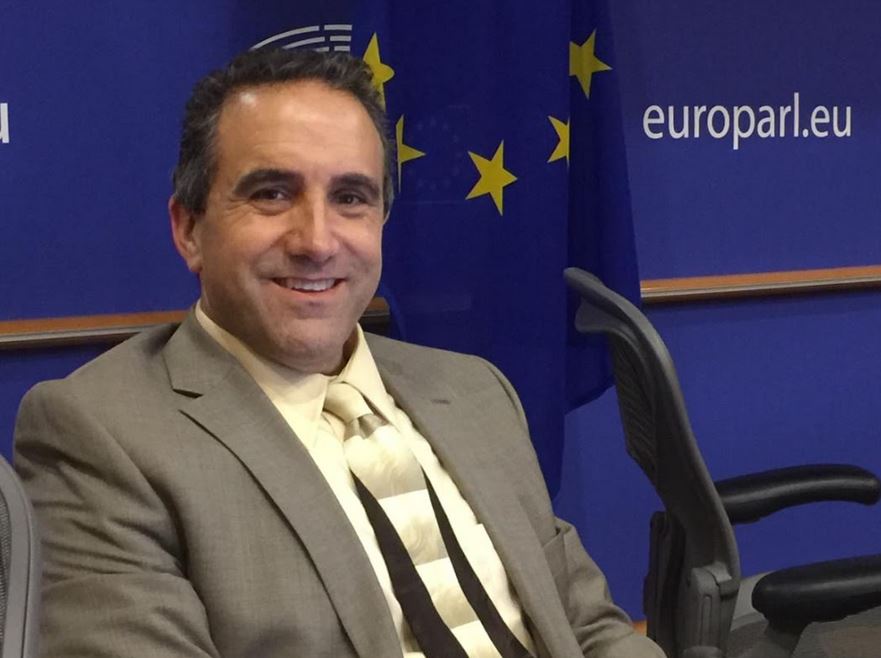The scientific community and media outlets that claimed Trump will silence scientists are now attacking one of their own for speaking up. By Julie Kelly
Congress is ramping up its investigation into a key climate study, now under further scrutiny after a federal whistleblower raised more questions about it this week. The scandal some are referring to as “Climategate Two” (you can learn about the first Climategate here) is quickly escalating after Dr. John Bates, a former top scientist with the National Oceanic and Atmospheric Administration (NOAA), exposed how an ex-colleague mishandled a report on global warming right before a major international climate conference in 2015.
House Science Committee Chairman Lamar Smith said during a Tuesday hearing that NOAA “has deceived the American people by falsifying data to justify a partisan agenda.” He will now push for all documents related to the climate study, materials he requested via subpoena in 2015 after Obama Administration officials refused to disclose them.
What Bates Revealed About a Famous Climate Study
The explosive allegations from Dr. Bates were detailed in the Daily Mail and on the scientific blog, Climate, Etc. on February 5. Bates accuses Tom Karl, former director of the NOAA office responsible for climate data, of manipulating temperature readings, failing to archive data, and ignoring agency protocols to rush publishing his study that debunked the well-known pause in global warming at the beginning of this century.
At the time, climate activists were in a panic because the premier scientific body in charge of climate science—the Intergovernmental Panel on Climate Change (IPCC)—admitted the rise in global temperatures had basically stalled from 1998 to 2012. This bombshell was included in the IPCC’s 2013 report, which would serve as the main primer leading up to the United Nations’ Climate Conference in Paris two years later.
World leaders were poised to obligate their countries (er, taxpayers) into paying hundreds of billions to ease climate change. The inconvenient truth that plenty of evidence showed the planet was not significantly warming would be hard to climatesplain away. To give the climate leaders a big assist, Karl worked with a team of scientists to prove the pause didn’t happen, and claim global temperatures were rising just as fast as they had been at the end of the twentieth century.
Karl specifically cites the IPCC report in the introduction of his paper published in Science in June 2015, a few months before the Paris conference. Under the headline, “Walking back talk of the end of warming,” the authors said, “Here, we present an updated global surface temperature analysis that reveals that global trends are higher than those reported by the IPCC. These results do not support the notion of a slowdown in the increase in global surface temperatures.”


